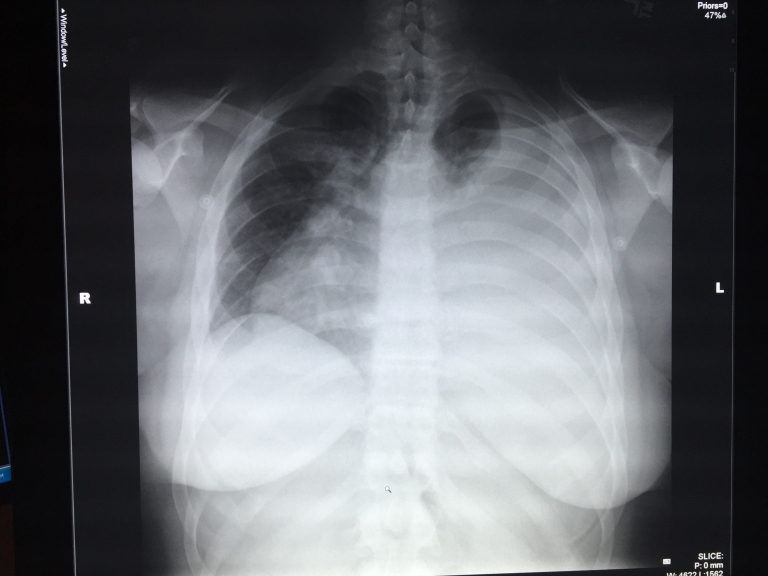“Correlate Clinically”- What Does It Mean?
“Correlate clinically” – you may see some radiologists use this phrase in your report. So, what does “correlate clinically” mean? This is a message for your doctor to take the finding and determine its relevance with regard to your particular symptoms, history, labs, etc. The finding on the scan may not be definitive and the radiologist is asking for some help from your doctor who knows you best.
I feel like phrase “correlate clinically” should be used sparingly because your doctor already knows that this is the job they have to do. They have to take your test results and determine what the best course of action is for you. They often say that the doctor should treat you and not the medical imaging test. The diagnosis on the imaging test should fit your problem.
For example, if you came in with a presentation characteristic for pneumonia but the cat scan says you have a dissected aorta, most doctors would strongly question those results before sending you to major surgery. Perhaps the radiologist mistook artifacts for a dissected aorta. Your physician may then seek out more definitive tests instead of rushing you to surgery since your symptoms fit a pneumonia and not a dissected aorta.
Same goes for many imaging findings. Many findings on imaging are questionable, inconclusive, chronic or not relevant to your symptoms. Therefore, your doctor may pursue these findings further or ignore them because they do not fit your problem. Sometimes follow up testing may be needed to make sure the finding does not get worse.
Other cases become more definitive with laboratory testing. An example that comes to mind is pancreatitis. Sometimes the findings on cat scan are hard to see, but testing with amylase and lipase show that the finds is indeed pancreatitis.
The big message here is that medical imaging is a piece of the puzzle to finding out what’s wrong with you. Your doctor plays a key role in figuring out your diagnosis based on your presentation and testing such as medical imaging. Therefore it is important for you to take your test results and discuss them with your doctor to come up with the best course of action. “Correlate clinically” therefore indicates that the imaging must be combined with all the other information about your medical history to arrive at the correct diagnosis.

